e.Go Life 20 FAQs
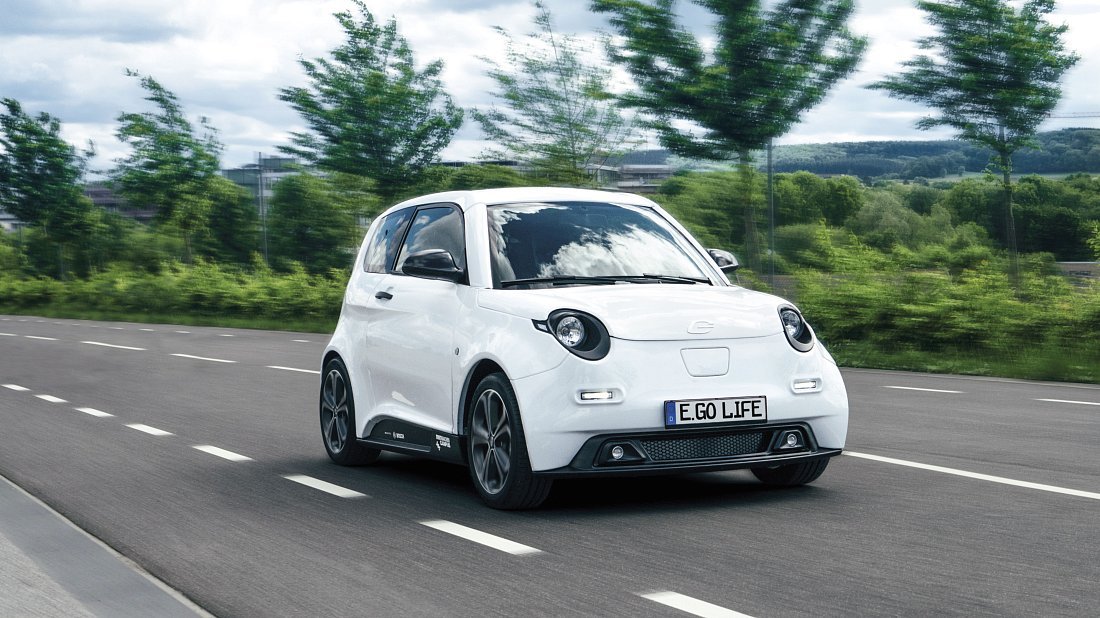
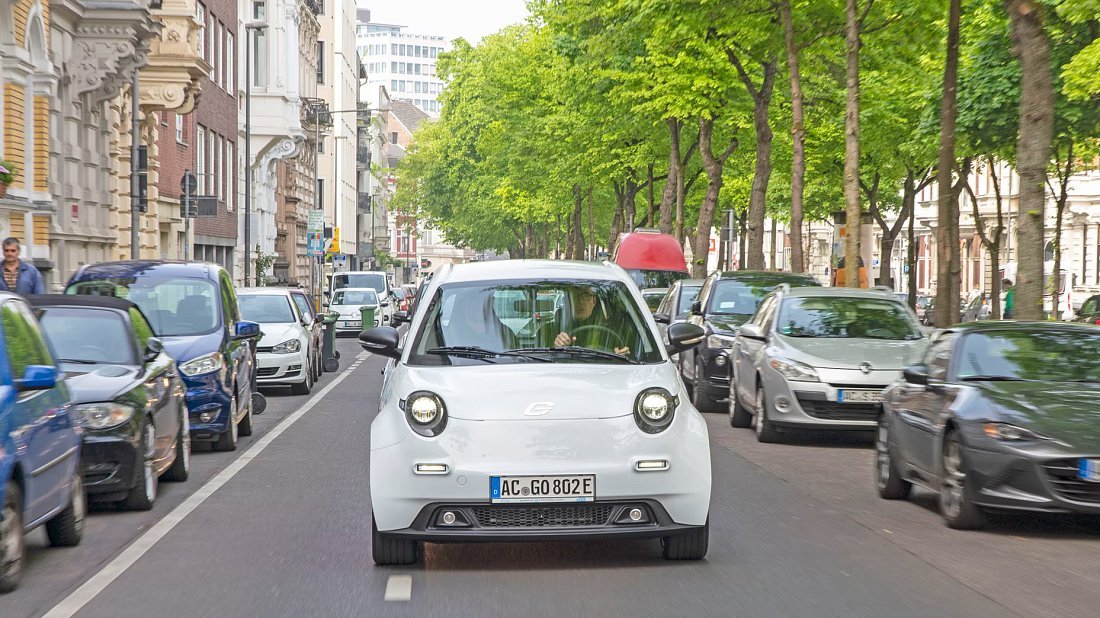
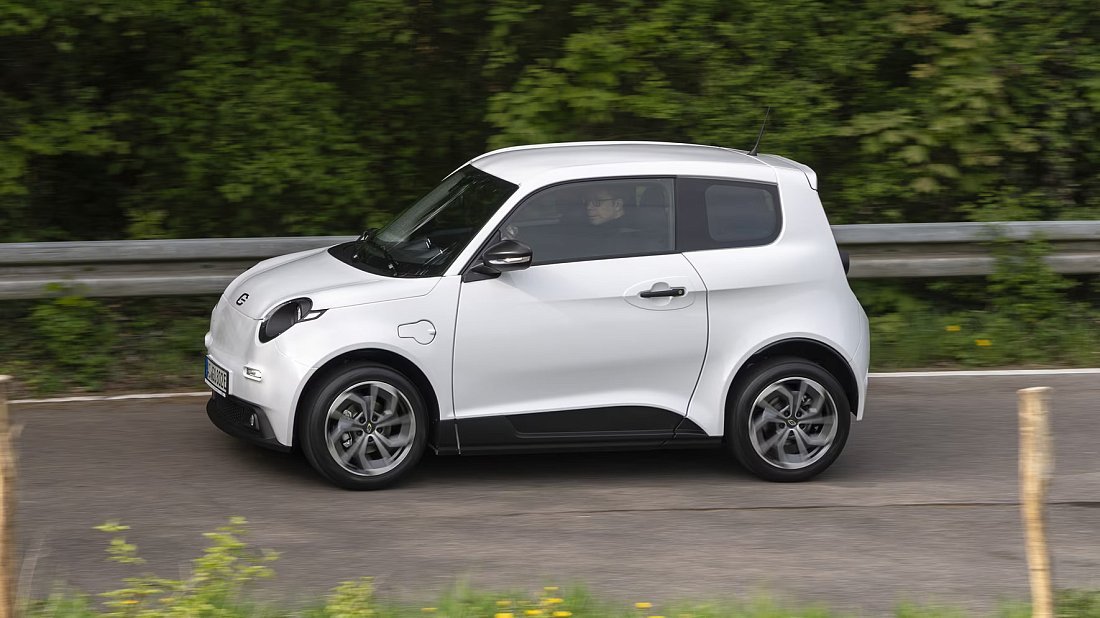
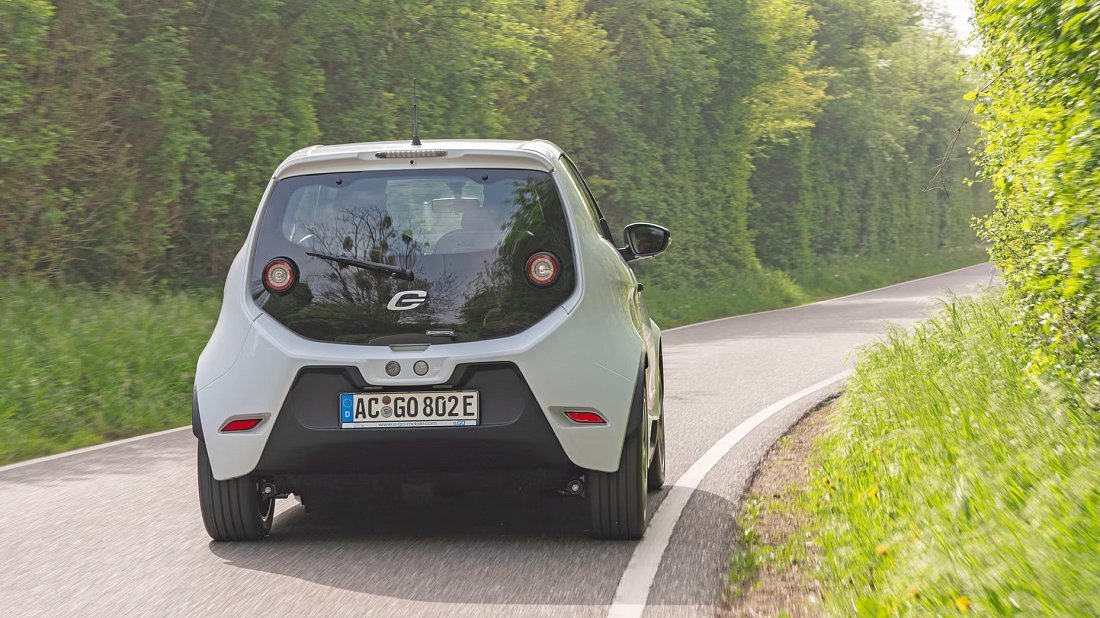
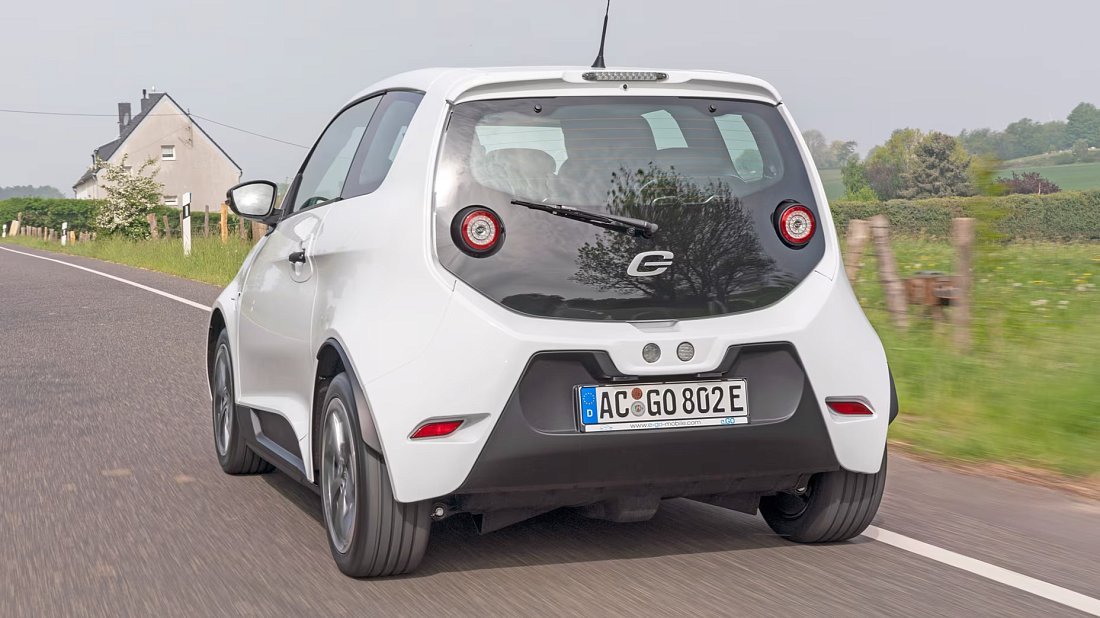
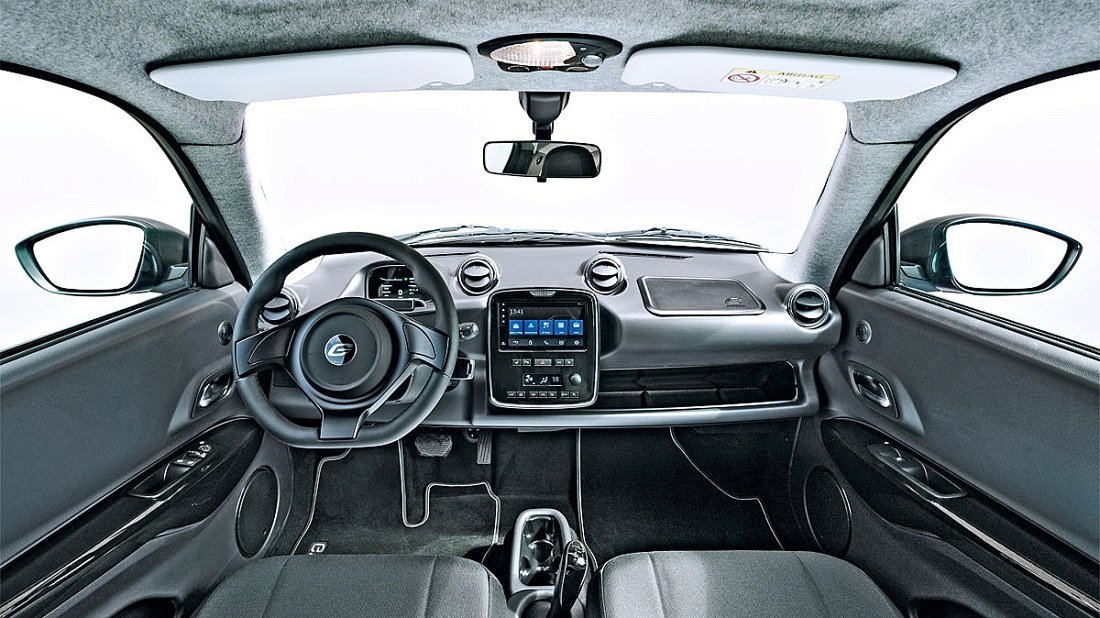
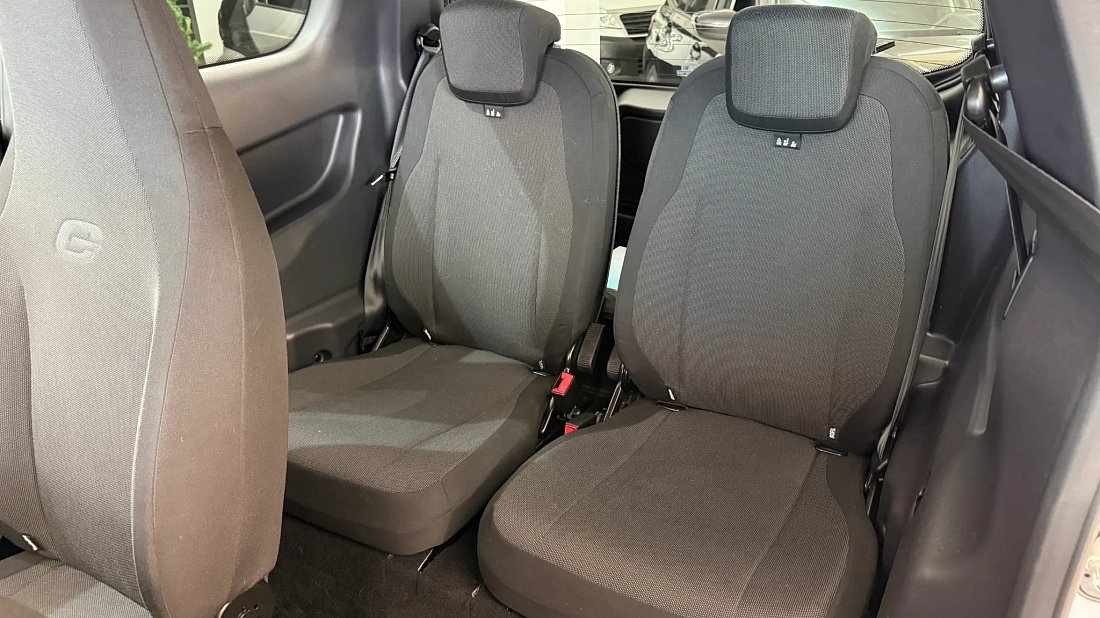
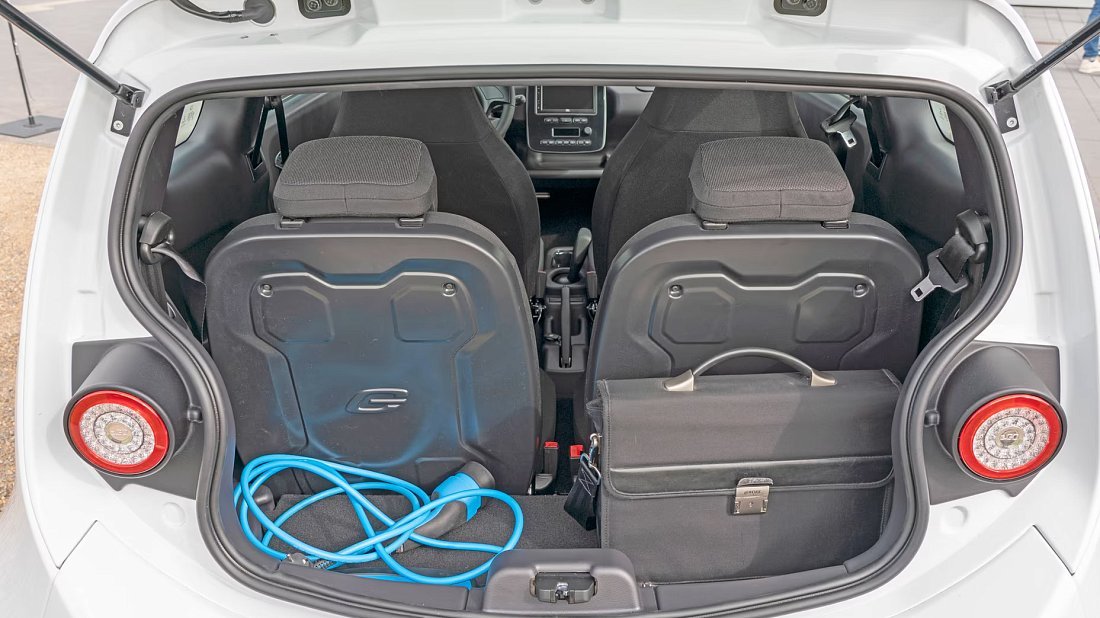
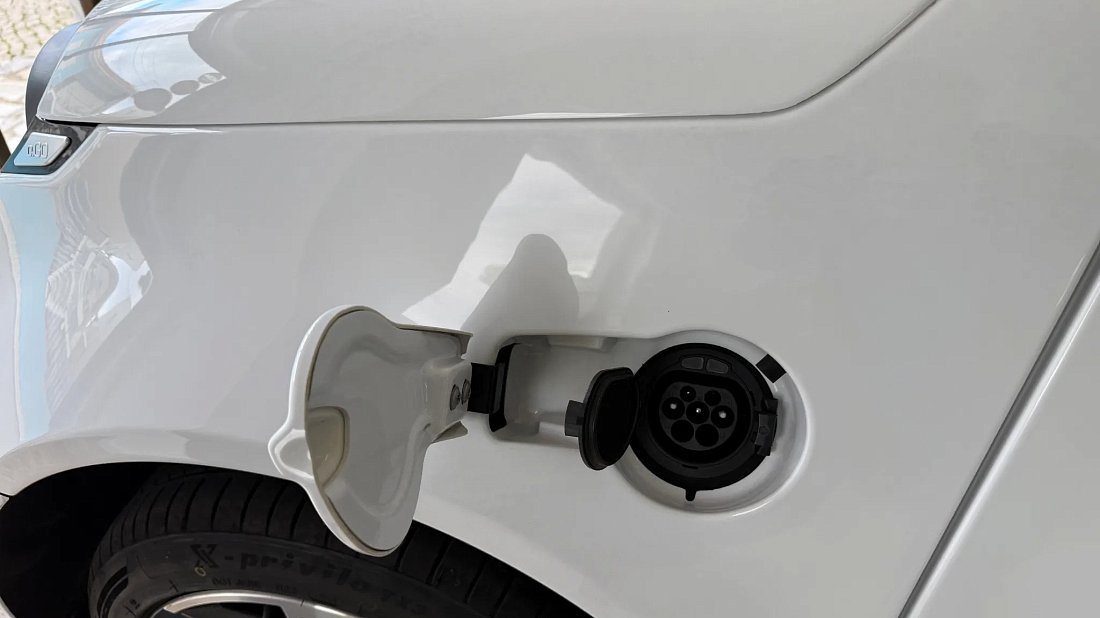
Frequently Asked Questions
The e.Go Life 20 (2020-2022) can accelerate from 0 to 100 km/h in 35 seconds (№123 out of 123 ranked positions, among 979 electric vehicles, with some cars sharing positions) and reach a top speed of 112 km/h.
The car’s powertrain delivers up to 20 kW (27 hp) of power and Nm of torque.
Real-world range of the e.Go Life 20 (2020-2022) is 85 km (№359 out of 359 ranked positions, among 979 electric vehicles, with some cars sharing positions) — depending on several factors, including:
- Speed: Higher speeds deplete the battery faster.
- Temperature: Extreme cold and hot weather impacts range.
- Terrain: Hilly or mountainous terrain reduces range.
- Driving style: Aggressive driving with frequent acceleration and braking consumes more energy.
- Use of features: Features like climate control and media system also affect range.
It's important to remember that these are just estimates, and your actual range may vary. It's always best to factor in these various factors when planning your trip and be prepared for potential charging stops.
Plan your trips using the EV Navigation interactive map.
In Europe e.Go Life 20 (2020-2022) has a Type 2 (Mennekes) charge port.
- You can charge it at home using a standard domestic socket or plug into any public AC charging station using the right cable. Keep in mind that the car's on-board charger (inverter) limits the maximum AC charging rate to 3.7 kW, which translates to approximately 21 km of range added per hour of charging.
Estimate charging time, rate and cost using our EV Charging Calculator.
Here are the dimensions and weight for the e.Go Life 20 (2020-2022):
- Length: 3345 mm
- Width: mm (including side mirrors) or 1747 mm (excluding side mirrors)
- Height: 1588 mm
- Wheelbase: 2200 mm (distance between the center of the front and rear wheels)
- Curb weight: 1150 kg (weight of the empty car, no people or cargo)
Here's a breakdown of the e.Go Life 20 (2020-2022) cargo space:
- Trunk capacity: With the rear seats up, you get 140 litres of cargo space in the back (№207 out of 208 ranked positions, among 979 electric vehicles, with some cars sharing positions).
- Max cargo capacity: Fold down the rear seats, and you open up 640 litres of total cargo space (№206 out of 214 ranked positions, among 979 electric vehicles, with some cars sharing positions).
- Frunk capacity: The car doesn’t have a “frunk” (front trunk).
The car isn’t officially rated for towing.
